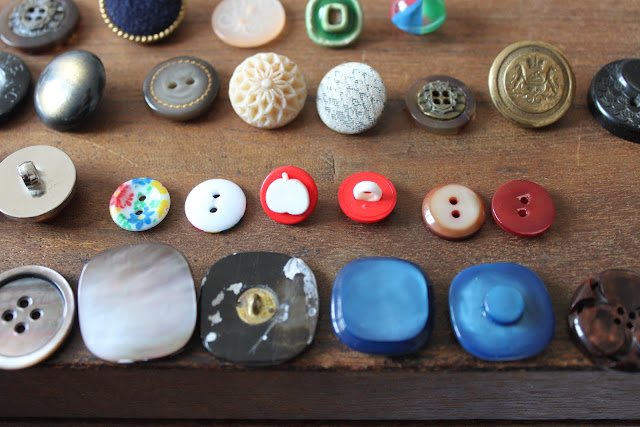I am looking for a stone, but I don't
want just any stone.
I have possessed a lot of stones
throughout my life. At specific times I wanted a specific stone. I
wanted a stone that shoots sparkles skimming across a lake. I wanted
a stone darker than the night and brighter than the sun. I wanted a
stone as smooth as a lover's skin. I wanted a stone to build a house
with. I wanted a stone which would heal my wounds, repair my bones
and soothe my spirit. I wanted a stone to hone a knife. I wanted a
slabstone to mark a cenotaph. I wanted another to pave the way to my
house.
All these stones have now pulverised. I
now want one last stone, one I never had or never seen before. I am
now reaching forty years of age, and I feel this last stone will
define the remainder of my existence, burden it or support it, crush
it or shelter it.
We carving men have shaped stones into
idols, homes, watches, pencils, grindstones, troughs, canals,
temples, needles. We seem to be able to make it assume any shape we
want, yet we cannot bend it like we would a wooden board. We cannot
fold it like we would some sheet of paper. Try as hard as we want, we
don't have the energy to. I want a stone that can be folded, making
it an amulet bearing the word which encompasses all moving things in
this universe, from the littlest particle to the most massive black
hole.
This stone has yet to be made. It's a
stone movement folds, not gravity nor time. Why such a stone, I hear
you wonder. It is an element which man cannot fold, yet it is made of
folds. A much greater force than Man's did that, a long time ago. You
cannot mend it. You cannot re-attach one bit which has been broken
off and make it whole again. Unlike History. We know that History
happens at the fold, and History is action and these actions
necessitated a tremendous amount of energy to be shaped, just like
folding matter into stone – this energy has been spent, is there,
is gone, is there again. History needs equal amounts of energy to
unfold and fold again, never to be mended.
I want a stone which can be folded into
a shape which cannot but be perfect and imperfect. A stone in
movement, because this would be the perfect material to build the
world anew, to bend History so much it would fold and unfold at the
same time. Yes, this is what I want to do: fold and unfold –
disturb really – the universe.
This stone exists, I'm quite certain of
it. Its existence has been hinted at several times in the course of
our History, and many scientific papers have reasonably proved that
it ought to be somewhere in our reality in order for it to sustain
itself, without yet being able to ascertain where we should look,
what we should look for, and how.
I don't want just any stone, for none
so far recorded in our catalogue of all existing things holds enough
pliability or enough resistance to be the foundation stone, the
pillars and the capstone of the universe as it could be. One which
doesn't require any chisel, any hand nor any will to be folded and
shaped. Only this stone will do, and none other will be had.









